Movie Review with Brandon Yechout – The Disaster Artist
I’ve never really been all that into films that are considered “so bad they’re good.” Though I can see the appeal of films like “Troll 2” and “Birdemic: Shock and Terror,” other films like “The Amazing Bulk” and “Sharknado,” by purposefully trying to be as bad and as ridiculous as possible, completely miss the point and are unenjoyable to watch. In this regard, Tommy Wiseau’s cult classic “The Room” is wholly deserving of its status as the quintessential “so bad it’s good” film. Greg Sestero, who played one of the characters in “The Room,” co-authored a book detailing his experiences making the film called “The Disaster Artist,” which was published in 2013. Now finally realized on the big screen, “The Disaster Artist” is a supremely entertaining film that perfectly captures the spirit of “The Room” and its dedicated following.
The film begins in an acting class, where we see a struggling actor, Greg, mesmerized by a man’s strange, over-the-top interpretation of the most famous scene from “A Streetcar Named Desire.” Captivated by the man’s fearlessness in the face of ridicule, he approaches the man after the show, who reveals himself to be the enigmatic Tommy Wiseau. The two develop a bond as they learn that both have a passion for acting and a desire to make it big. Tired of being put down by others, Tommy takes Greg’s offhand suggestion that they should make their own movie to heart, and creates a script for a film he calls “The Room.” With an inexplicably large sum of money at his disposal, Tommy takes it upon himself to direct and star in the film despite no prior knowledge of filmmaking. What follows is an unpredictable and often times unbelievable comedy of errors as the production of “The Room” enters a rapid downward spiral, along with the morale of the film’s crew.
James Franco’s performance as Tommy Wiseau is phenomenal. The mannerisms and speaking style of the real Tommy are so perfectly matched by Franco, it’s almost as if one were watching the real Tommy Wiseau. Even not knowing of Wiseau before seeing this film, one can still find great enjoyment in the humor of his performance, as Franco’s comedic timing is just as excellent as his mimicry of Wiseau’s idiosyncrasies. The comedy of the entire film is great, actually; rarely do I find myself laughing at a comedy when I’m watching it by myself (usually a stupid grin is as far as I find myself going), but this film managed to bring out a few hearty chuckles.
Is seeing “The Room” necessary in order to enjoy “The Disaster Artist” to its fullest? Yes, I would say. Of course, I don’t mean to say it’s required viewing, not by any means. But to really extract the most positive experience from the film, I would recommend that one at least reads a little bit about “The Room” first, or watches a couple clips of the film’s most infamous moments. Going in completely blind, you’ll still enjoy the film perfectly well, just not as much as you could.
One thing that did bother me a little bit, though, was the ending of the film. The film ends as you would probably expect it to, with a celebration of Tommy’s film, as the audience watching the film’s premiere is, by the end of the film, reduced to uproarious laughter. Tommy is at first disheartened, but is Greg tells him that he has created something special, and that “Hitchcock never got a response like that.”. Tommy, now with a smile on his face, takes the stage amidst thunderous applause, and the film concludes shortly thereafter with an epilogue detailing the eventual success of “The Room” as a cult film.
What is it that bothered me about this ending? Well, I’d be perfectly fine with it if the film didn’t spend so much time showing what a terrible person Tommy was to his cast and crew. Throughout the film we are shown scenes of him treating people like garbage, denying the crew access to water, letting the studio get so hot that one of the actresses faints as he arrives multiple hours late, starting explosive arguments through his rudeness, etc. His jealousy of Greg is also highlighted in many scenes, which leads him to develop a grudge that plagues many of the interactions between the two characters. All of this we are shown, and although it makes for good drama, it made sharing in the warmth of the film’s ending considerably more difficult for me, and I would’ve preferred that the film perhaps take some liberties with its source material and craft an ending that better reflected Tommy’s behavior while still reveling in the legacy of the film he created.
Regardless, this was still an incredibly entertaining film, and an experience that, for the most part, I thoroughly enjoyed. Franco’s performance paired with the film’s consistent on-point comedy made for an exceptional combination. Brando’s rating? Three and a half out of four stars.

Brandon Yechout is a senior at Metea Valley and a perspectives writer for Metea Media. Though this is his first year on staff, Brandon has worked on The...


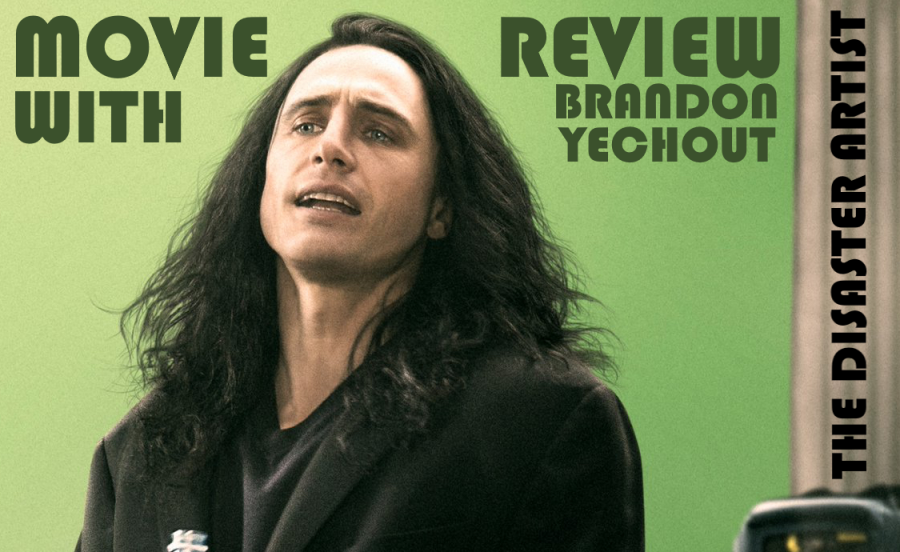
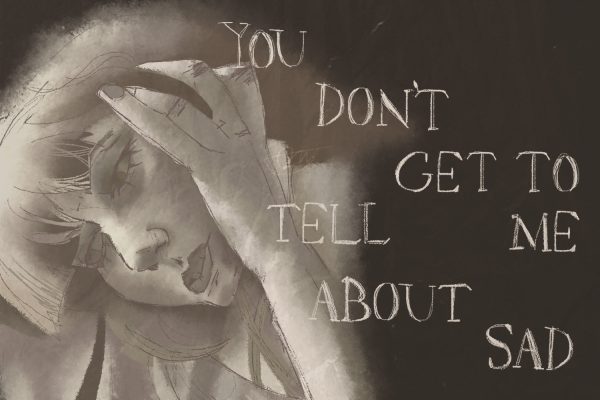
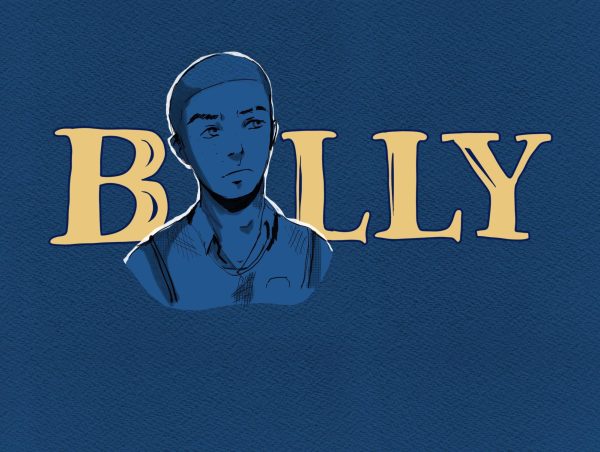
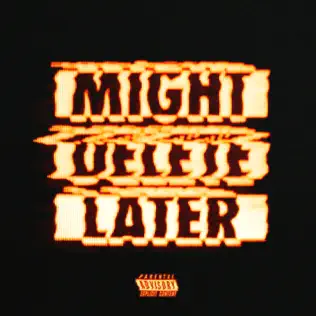




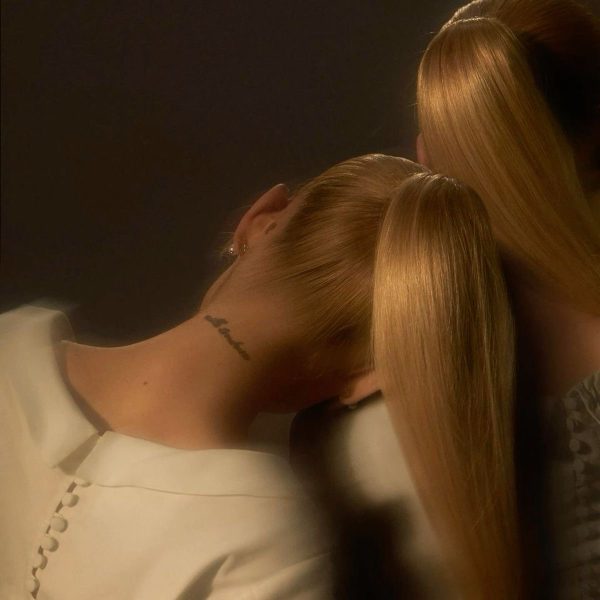

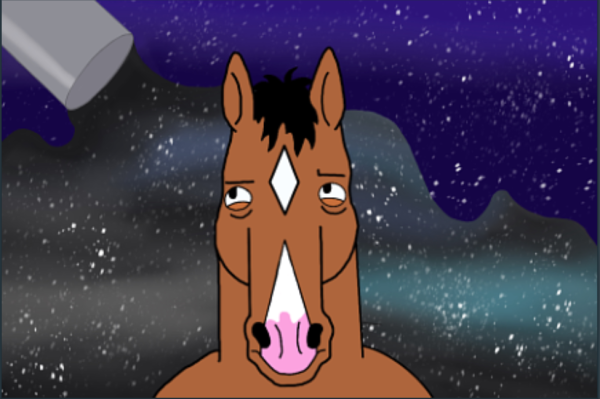
yep • Feb 2, 2018 at 1:12 pm
Pepsi with another solid review. gotta say I’m probably gonna watch this movie now. I need a review for when A Quiet Place comes out cause that looked cool
darkstripe • Feb 2, 2018 at 9:12 am
this article might have been a little late
Tommy Wiseau • Feb 1, 2018 at 1:28 pm
Oh hai mark.
some guy • Feb 12, 2018 at 8:22 am
You are tearing me apart Lisa!!
MovieLover6000 • Feb 1, 2018 at 11:21 am
Dude everybody should want more!